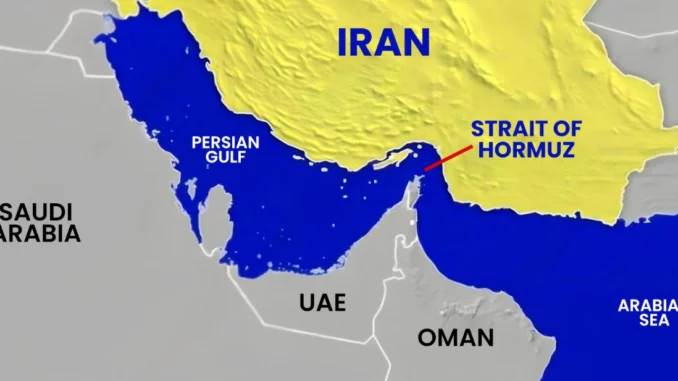
As tensions escalate between Iran, Israel, and the United States, Africa faces mounting economic risks following Iran’s parliamentary vote to close the Strait of Hormuz — a chokepoint through which 20% of the world’s oil flows.
If finalized, this move could send oil prices soaring past $110 per barrel, with Goldman Sachs warning of a global supply shock. For African nations — many of which rely heavily on affordable imports of Gulf oil — the fallout could be swift and severe. Countries like Kenya, Nigeria, and South Africa may face surging fuel and transport costs, worsening inflation and straining already fragile economies. Kenya, for instance, recently renewed oil import deals with Saudi, Emirati, and Qatari firms — all vulnerable to Hormuz disruptions.
Even oil producers like Nigeria and Angola are not insulated. While higher prices could boost revenues, volatile markets and tanker route instability threaten exports. Shipping rates have already doubled, and some supertankers have rerouted. “If the Strait of Hormuz closes … short-term effects would see oil prices surge dramatically,” said energy analyst Omono Okonkwo. But “long-term, such a crisis could serve as the catalyst the continent needs to finally prioritize domestic refining capacity and energy infrastructure development.” The crisis underscores deeper geopolitical dilemmas, as African leaders balance ties with Gulf states and Western powers. With oil prices rising and supply chains fraying, the Hormuz crisis is no longer a distant regional issue — it’s a global event with Africa on the front lines.
